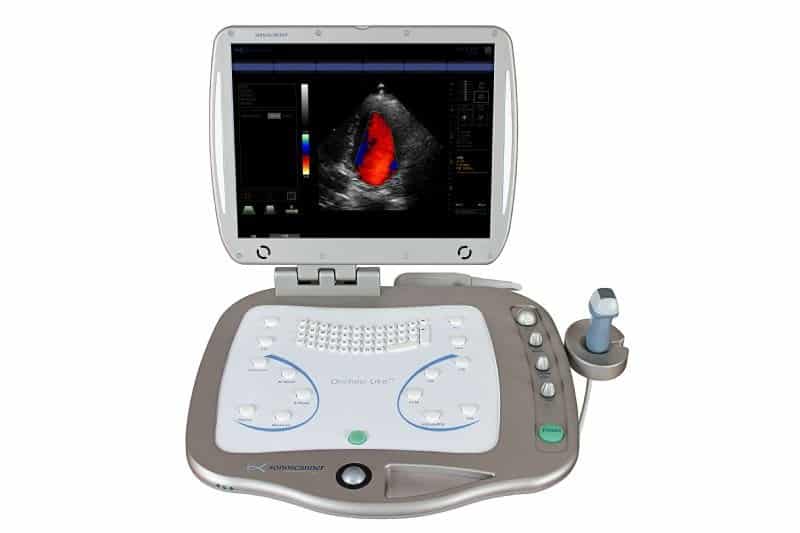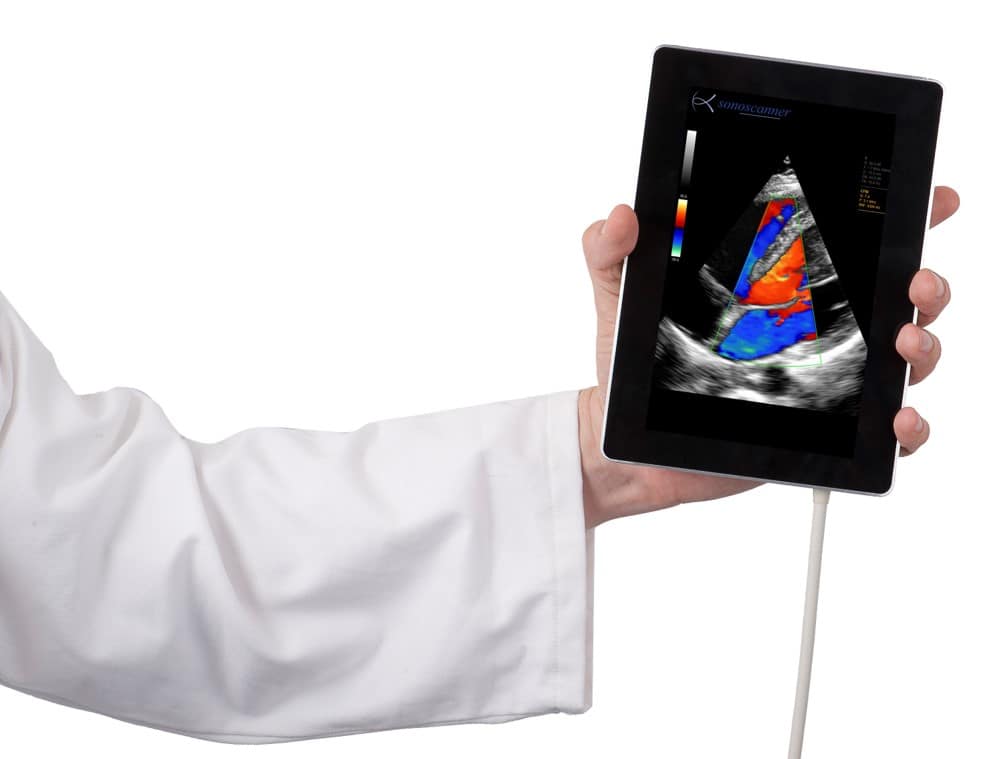Doppler ultrasound : an essentiel tool in blood flow observation and many diagnoses
Doppler ultrasound is used to explore intracardiac and intravascular blood flow. It is essential for detecting an obstacle preventing blood from flowing to the organ. Used in many medical disciplines, Doppler is too often underestimated.

The invention of Doppler: from stars to blood vessels
Doppler ultrasound was born from the theory of the “Doppler-Fizeau” effect first presented by Christian Doppler in 1842. It demonstrates that the movement of a body affects the waves it emits (whether light or sound) relative to a non-moving observer. For example, let’s imagine a star that changes color as it moves: it is blue if it approaches the earth and red if it moves away from it.
In the 1950s, the Japanese physicist Shigeo Satomura was the first one to propose an ultrasound scanner that measures the pulsation of blood vessels using the Doppler effect.

The mathematician and physician
Christian Doppler
Knowing the different Doppler to use them well
Doppler ultrasound is performed using a suitable probe: the ultrasound beam passes through the heart cavities or vessels. The echo sent back by the blood’s figurative elements (the transmitters) will have a longer wavelength if it moves away from the sensor and a shorter one if it moves closer to it.

Doppler is available in two transmission modes: continuous and pulsed.
- Continuous mode: the probe emits ultrasound continuously, constantly analyzing the frequencies reflected by red blood cells. This allows the maximum flow velocity to be analyzed with great accuracy.
- Pulsed mode: The probe works alternately as a transmitter and receiver. By setting the pulse period, the flow velocity to be quantified can be selected.
Color Doppler ultrasound scanners allow color coding of blood flow. By convention, blood flows approaching the probe appear red and blood flows away from the probe appear blue.
Doppler ultrasound has
numerous and vital applications
Doppler ultrasound is used to
explore the arterial and venous systems. It is particularly relevant in several
essential and vital diagnoses: Phlebitis, Varicose veins, Arteriopathy,
Thrombosis, Aneurysms…

Portable Doppler ultrasound is an immediate asset for diagnostics
Many portable and ultra-portable ultrasound scanners, including those of Sonoscanner, offer Doppler mode. Doppler technology is portable and allows you to perform critical handling and operations directly at the bedside:
- Observe qualitative flow information during screening,
- obtain quantitative information thanks to pulsed Doppler,
- Guide the gestures during filling.
Before equipping themselves with an ultrasound scanner, it is essential for physicians to ensure that a quality color and pulsed Doppler function is available, as it will allow essential diagnoses in daily practice.
